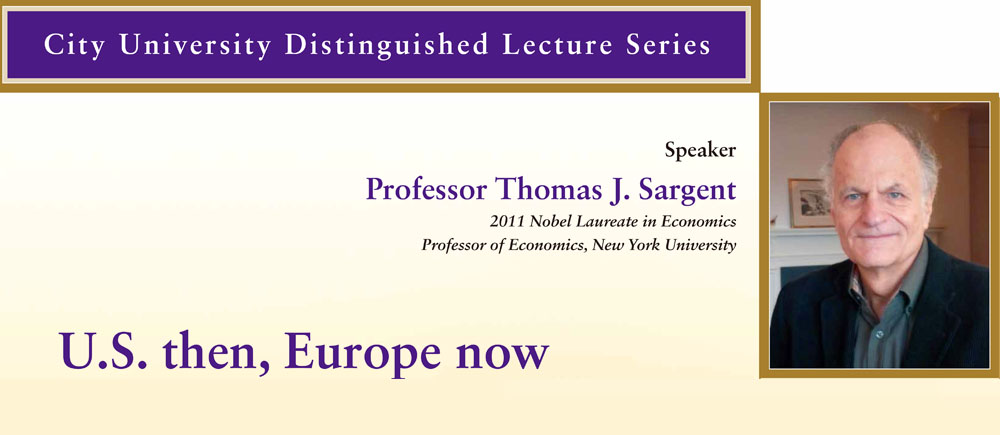
| Date: | 28 September 2012 |
|---|---|
| Speaker: | Prof. Thomas Sargent |
Under the Articles of Confederation, the central government of the United States had limited power to tax. Therefore, large debts accumulated during the U.S. War of Independence traded at deep discounts. That situation framed a U.S. fiscal crisis in the 1780s. A political revolution—for that was what scuttling the Articles of Confederation in favor of the Constitution of the United States of America was—solved the fiscal crisis by transferring authority to levy tariffs from the states to the federal government. The Constitution and Acts of the First Congress of the United States in August 1790 gave Congress authority to raise enough revenues to service a big government debt. In 1790, the Congress carried out a comprehensive bailout of state governments’ debts, part of a grand bargain that made creditors of the states become advocates of ample federal taxes. That bailout created expectations about future federal bailouts that a costly episode in the early 1840s proved to be unwarranted.
Thomas J. Sargent, Professor of Economics at New York University, was awarded the 2011 Nobel Prize in Economics, shared with Princeton University’s Christopher Sims, for his empirical research on cause and effect in the macroeconomy.
Professor Sargent had taught at the University of Minnesota, the University of Chicago and Stanford University. He has been a senior fellow at the Hoover Institution since 1987.
Professor Sargent earned his Ph.D. from Harvard University in 1968 and was a first lieutenant and captain in the U.S. Army. He was a university medalist as Most Distinguished Scholar in the Class of 1964 and won the Nemmers Prize in Economics in 1997. Professor Sargent was elected a fellow of the National Academy of Sciences and a fellow of the American Academy of Arts and Sciences, both in 1983.
Among his books are Rational Expectations and Econometric Practice, with Robert E. Lucas Jr., University of Minnesota Press, 1981; The Big Problem of Small Change, with Francois Velde, Princeton University Press, 2002; Recursive Macroeconomic Theory, with Lars Ljungqvist, MIT Press, 2004; and Robustness, with Lars Peter Hansen, Princeton University Press, 2008.